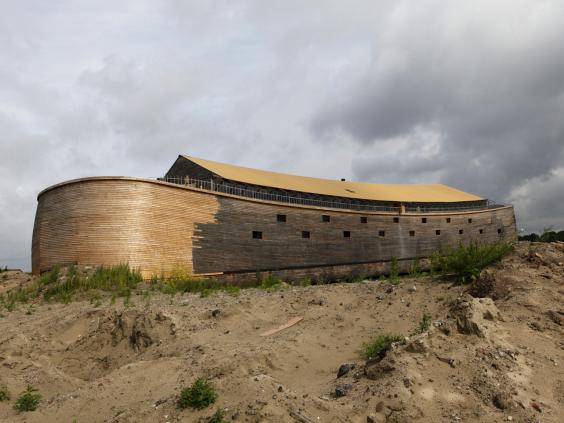Even if Noah’s ark is scientifically possible
with a bigger vessel that takes care of 8.7 million species, theologically it
is not possible for God to handle a situation that puts greater hardship on the
righteous than on the wicked who died in a few minutes after getting drown in
the water.
However, if we look beneath the details, story
tells God intervenes when it is necessary. God’s established practice is “Let
the one who does wrong continue to do wrong; let the vile person continue to be
vile.” (Revelation 22:11) This would mean that there is no intervention
in the case of individuals and in each individual cases of free-will use; and
it would also mean there would be a time when the righteous would find life is
impossible because of the increasing number of the wicked (according to Law of
increasing entropy). God, being the master of the universe, would need to act only
on whole sale basis, hence would restore the original perfect condition,
says logic (and also scriptures Rev 21:1, 5. Law of increasing entropy would
again set things into a downhill trend, which would mean God would renew system
of things again.
The above view takes care of the principle on
which both theism and atheism stand: Theism says “From the more comes the less,”
and atheism says “from the less comes the more.” Thus both agree that something
comes from something. If something comes from something, it has always been true, it has always been there—infinite into the past and infinite into the
future.
